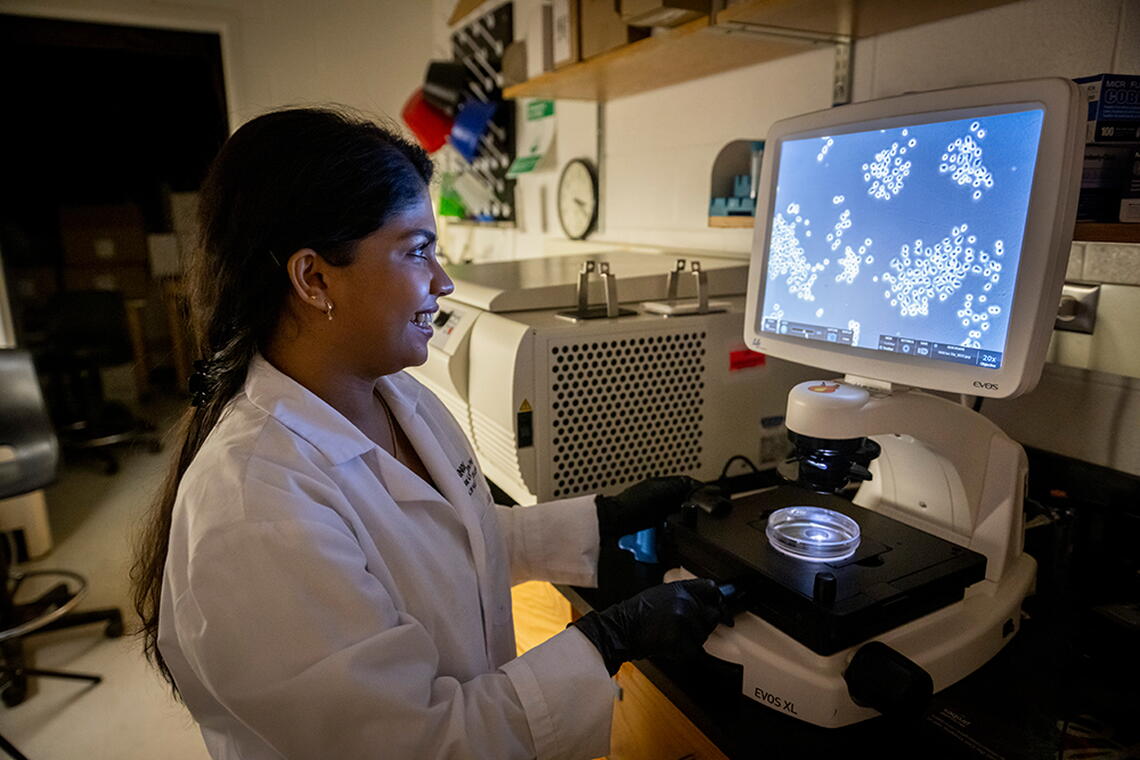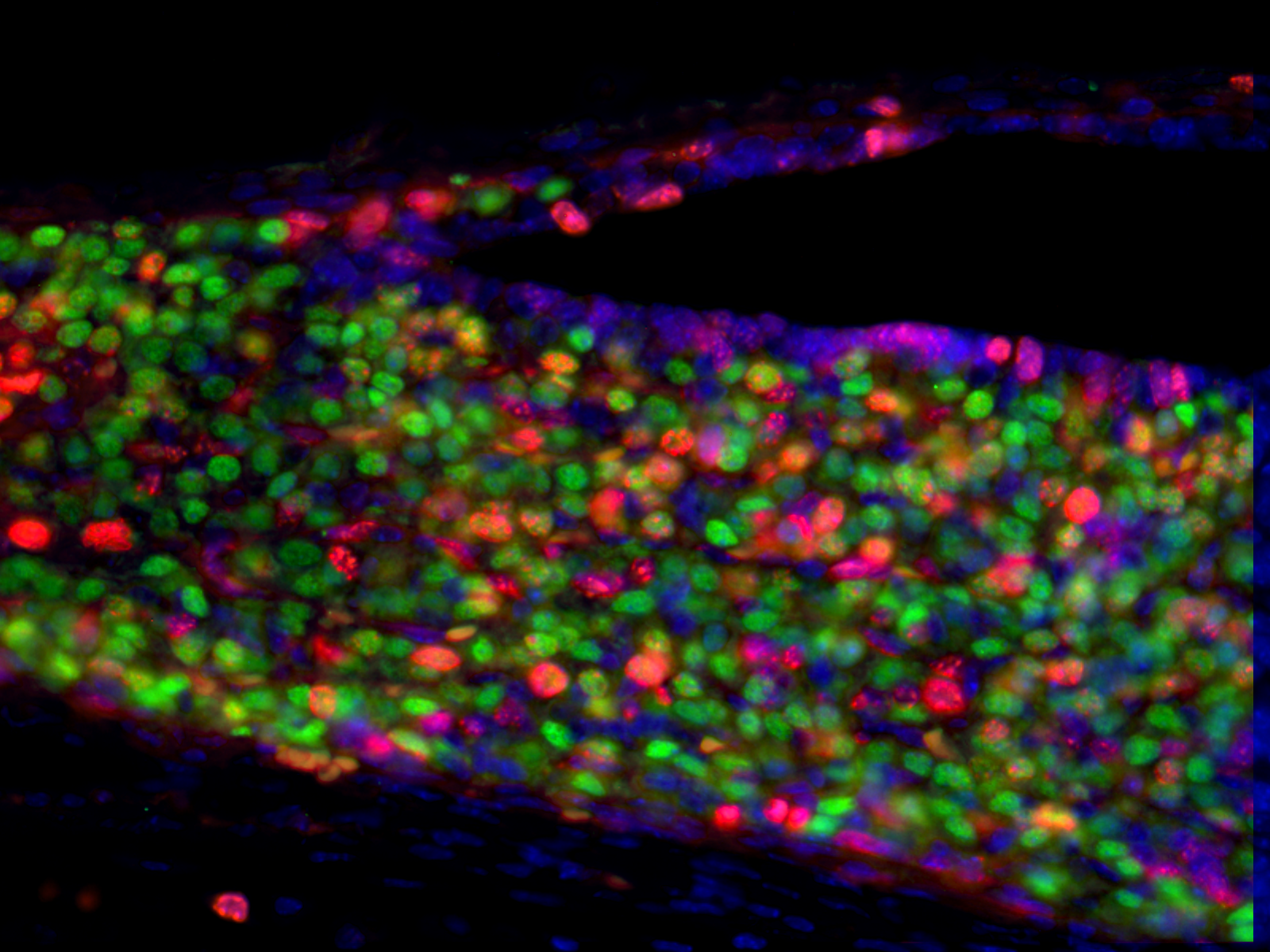
Request information Apply Contact the PhD program Current MIP PhD students Grad student resources Living in Champaign-Urbana

Welcome!
We strive to improve the human condition through research and education in physiology.
The Department of Molecular & Integrative Physiology performs cutting-edge and internationally recognized research, education, and training in modern physiology, providing mechanistic links from atoms to animals and from normal physiology to disease.
The process of life operates on multiple levels. So do we.
- Gene expression regulation
- Ion-channel structure and function
- Nuclear, steroid, and other hormone receptors
- Cellular signaling cascades and signaling complexes
- Circadian and other cellular/network oscillations
- Synaptic function and plasticity
- Sensory processing and sensorimotor integration
- Neural and endocrine regulation of satiety and metabolism
- Multilevel processing in the nervous system
- Metabolic disorders including diabetes and obesity
- Breast cancer and other cancers
- Infertility and other reproductive disorders
- Parkinson's, Alzheimer's, and other neurodegenerative diseases
- Fragile-X syndrome and other genetic disorders which cause intellectual and behavioral challenges
- Epilepsy, deafness, and other neurological disorders
Admission
Admission to the PhD program requires a bachelor’s degree with course work in biological sciences, chemistry, and physics; and three letters of recommendation (including at least one from a science professor). In addition, international students must take the TOEFL exam.
Molecular and Integrative Physiology (MIP) is part of the School of Molecular & Cellular Biology. Prospective PhD students in MIP should apply directly to the MCB Graduate Program. Once admitted into MCB, you can choose from available laboratories run by MIP faculty members and others in MCB. Though your choice is not a firm commitment, during the application process you may choose "Molecular and Integrative Physiology" in the Field of Specialization text box. During your first semester, you will rotate through three laboratories in the school before selecting a research adviser. You will formally join the MIP graduate program by the spring semester of your first year.
Financial Support
All students accepted into the PhD program receive year-round financial support through fellowships, traineeships, or graduate assistantships, which provide a generous stipend as well as a full tuition and partial fee waiver. The department guarantees financial support to all students as long as they make satisfactory progress toward their PhD. Students are also encouraged to apply for extramural predoctoral fellowships for which they may be eligible.
Title
Engaging professors & innovative courses
MIP faculty are leaders in their field, managing National Institutes of Health and Department of Defense grants, publishing in top journals, and serving the scientific community. Our faculty train students in their labs, share their knowledge on student thesis committees, and teach cutting-edge courses in their areas of expertise. From atoms to organisms, we are physiology.
Title
World-class facilities
The Department of Molecular & Integrative Physiology, School of Molecular & Cellular Biology, and University of Illinois campus house a wide array of research facilities and support services.
Title
Meet Hashni
Hashni Epa Vidana Gamage, a PhD student in the Department of Molecular & Integrative Physiology, shares what it means to her to be a part of a lab researching ways to improve breast cancer treatment.
Contact us
Shawna M. Smith, School of MCB Graduate Program Coordinator
Lori Raetzman, Associate Director of MCB Graduate Program
mcb-grad@illinois.edu; 217-333-1737
Claudio Grosman, Professor and Head, Department of Molecular & Integrative Physiology
grosman@illinois.edu; 217-244-1736
Catherine Christian-Hinman, Professor and Director of Graduate Studies, Department of Molecular & Integrative Physiology
cathchri@illinois.edu
